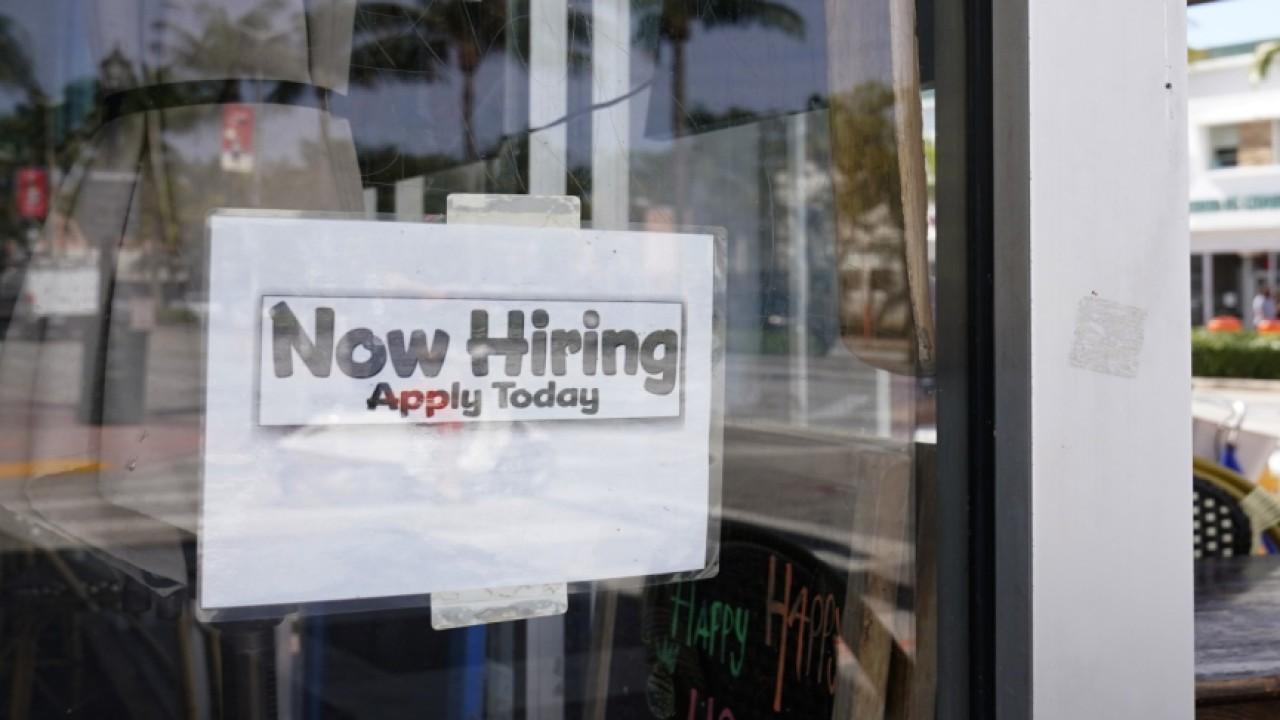Unemployment claims jump to highest level since August amid COVID-19 surge
Number is nearly four times the pre-crisis level but well below the peak of almost 7M hit earlier this year
The number of Americans filing for first-time unemployment aid last week jumped to the highest level since mid-August, the latest sign the economy's recovery is stalling amid a surge in COVID-19 infections nationwide.
Figures released Thursday by the Labor Department show 965,000 Americans filed first-time jobless claims in the week ended Jan. 9, higher than the 795,000 forecast by Refinitiv economists.
The number is nearly four times the pre-crisis level but is well below the peak of almost 7 million that was reached when stay-at-home orders were first issued in March. Almost 70 million Americans, or about 40% of the labor force, have filed for unemployment benefits during the pandemic.
"The rise and level of new unemployment claims is shocking, at the highest point seen since late August," said Mark Hamrick, Bankrate's chief economic analyst. "This reminds us that the economic crisis has not gone away, far from it, at a time when multiple crises have been vying for our attention."
The number of people who are continuing to receive unemployment benefits rose to 5.27 million, an increase of about 199,000 from the previous week. The report shows that roughly 18.4 million Americans were receiving some kind of jobless benefit through Dec. 26.
WHAT'S IN THE NEW $900B CORONAVIRUS RELIEF DEAL?
The report provides fresh evidence that a record-setting rise in coronavirus cases – the U.S. reported more than 4,200 deaths on Tuesday, bringing the nation's total to 381,000 – and new lockdown measures are weighing on the labor market. A separate report released last week shows that employers cut 140,000 jobs in December, marking the first loss since the early months of the pandemic.
Many more Americans are receiving jobless aid from two federal programs that Congress established with the passage of the CARES Act in March: One extends aid to self-employed individuals, gig workers and others who typically aren't eligible to receive benefits, and the other provides aid to those who have exhausted their state benefits.
The federal government renewed those programs at the end of December with the passage of a $900 billion relief act, which includes a supplemental $300-a-week jobless benefit, a one-time $600 stimulus check for most adults and new funding for a small business rescue program.
TOP DEMOCRATS SEE $900B COVID RELIEF PACKAGE AS JUST THE BEGINNING
Top Democrats saw the relief package as the tip of the iceberg, and President-elect Joe Biden is expected to unveil a stimulus plan that costs upward of $1 trillion on Thursday night. It's unclear what specific provisions Biden will propose, but he's widely expected to call for increasing the stimulus checks from $600 to $2,000.
Other Democratic priorities, laid out in a letter to colleagues from soon-to-be Senate Majority Leader Chuck Schumer, D-N.Y., are money for vaccine distribution, small businesses, schools and state and local governments.
"The depth and duration of this downturn, now 43 weeks long, demand further fiscal response on the part of elected officials in Washington," Hamrick said.

